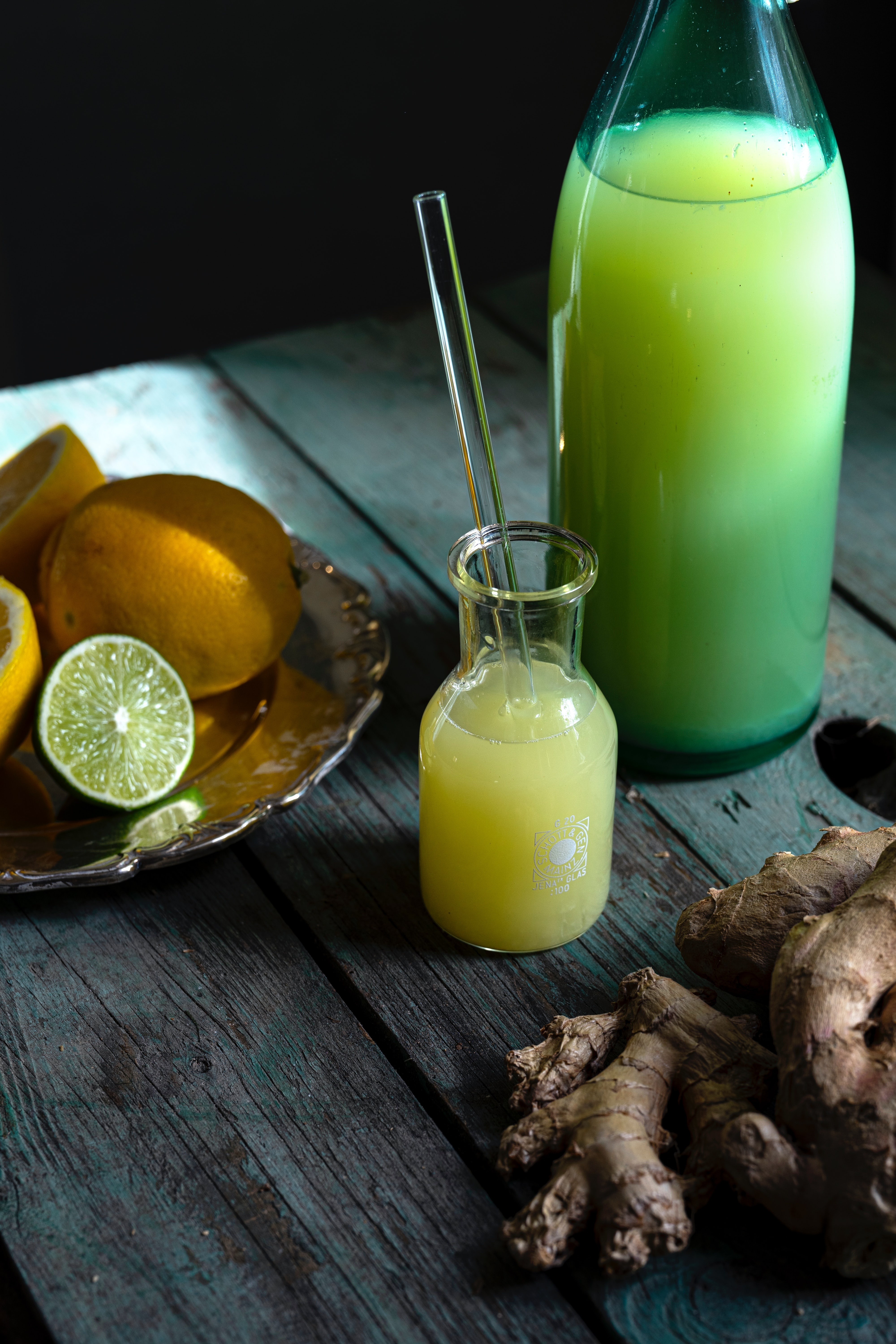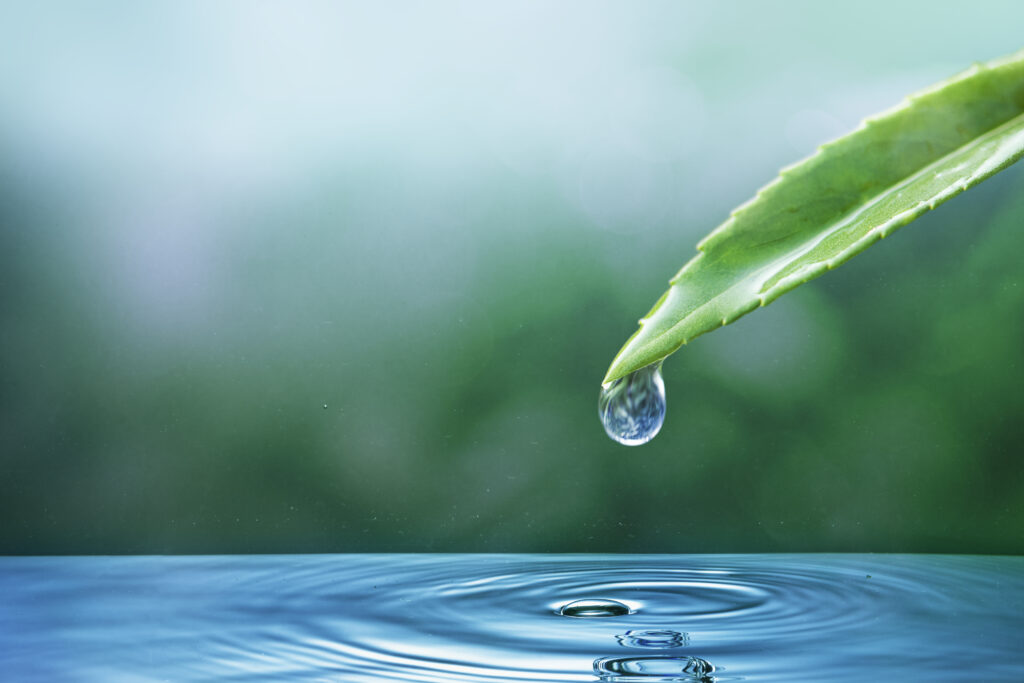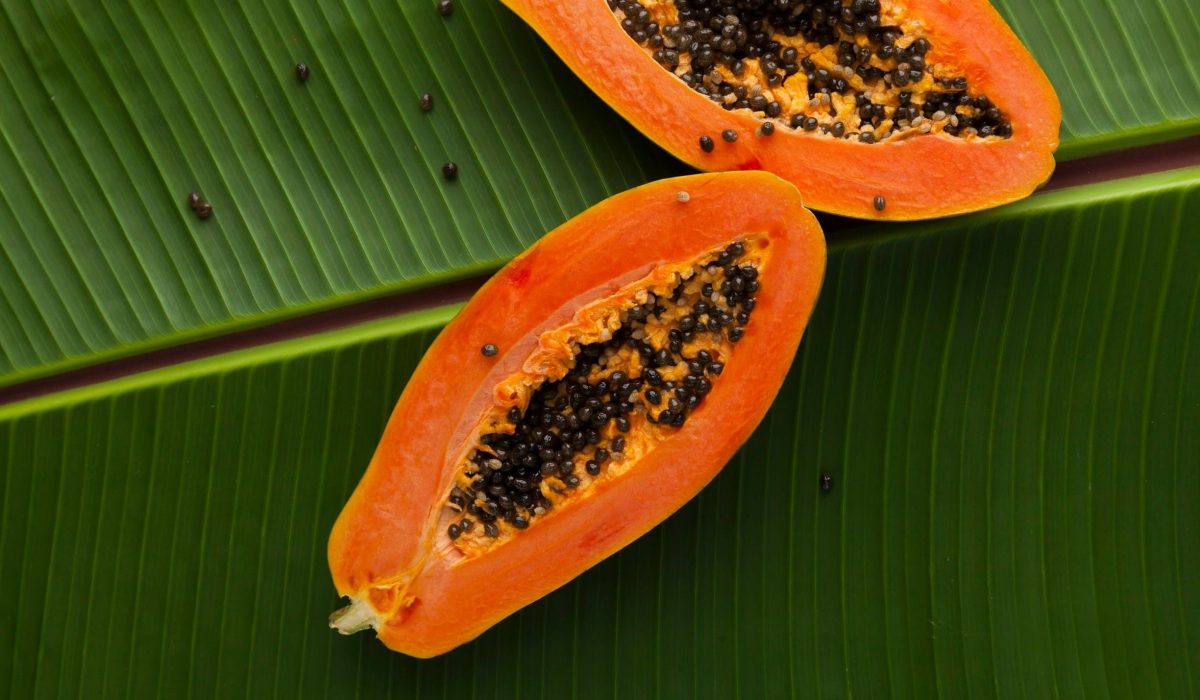Juice and Water Fasting | Detox & Cleanse | Sen Wellness Retreat
Discover the benefits of a juice fast and water fasting at a Sen Wellness Retreat. Explore detox methods, juice cleanses, water fasts and healthy diets.
What is a Juice Cleanse?
A juice cleanse involves consuming only juice extracted from fruit and vegetables over a set period. It is a type of juice-based diet that has gained popularity in recent years. This fasting diet typically replaces solid foods with fresh juices made from a variety of fruits and vegetables, allowing the digestive system to rest while flooding the body with essential nutrients.
Juice cleansing detoxifies the body, promoting the elimination of toxins and waste. Since vegetable juices and fruit juices are rich in antioxidants, vitamin C, and minerals, they provide a way to add nutrition while cutting out processed foods. A juice fast can vary in length, but typically lasts between one to five days, depending on individual goals and experience.
Understanding the Water Fast: How it Works
Water fasting involves abstaining from eating and drinking only water for a designated period. Unlike a juice fast, which provides calories and nutrients, water fasting is a more extreme method of detox that should be done under medical supervision, especially if undertaken for longer than 24–48 hours.
During a water fast, after around 24 hours the body enters a state called autophagy—a condition in which the body begins to break down damaged cells and recycle them. This natural detoxification process, supported by scientific evidence, may offer various health benefits including preventing and responding to disease. However, fasting may also lead to side effects such as dizziness, dehydration, and low blood sugar if not properly managed.
5 Benefits of Juice and Water Fasting

Both juice and water fasting can offer a wide range of benefits, especially when part of a balanced and intermittent fasting regimen. Here are five key advantages:
- Detoxification: Fasting allows your digestive system to rest, enabling the body to detoxify and eliminate toxins and waste.
- Weight Management: Due to calorie restriction, both methods support weight loss. A well-planned juice fast can also help with long-term weight maintenance.
- Improved Digestion: Drinking juice made from portions of fruit and vegetables may promote digestive health by supplying enzymes and fibre (in unstrained varieties).
- Blood Sugar Regulation: Some studies suggest fasting may help regulate blood sugar levels, especially when combined with a healthy diet with whole foods.
- Mental Clarity: People may feel mentally lighter and more focused, possibly due to the reduction in blood sugar spikes and inflammatory foods.
Juice Fast vs Water Fast: Which to Choose?
Choosing between a juice cleanse and a water fast depends on your health condition, fasting experience, and overall goals. Juice fasting can also offer a gentler, nutrient-rich alternative for those new to fasting. It still provides energy, vitamins, and hydration while supporting the detoxification process.
Water fasting could be more appropriate for experienced individuals seeking deeper autophagy or spiritual clarity, though it should always be approached with caution. Without medical supervision, water fasting may not be a good idea for people with chronic health conditions or at risk of nutrient deficiencies.
Ultimately, consulting a healthcare professional is vital before beginning either fasting method, especially if you plan to fast for longer than 24 hours.
Preparing for Your Juice or Water Fast
Proper preparation is crucial to avoid side effects and ensure you get the most from your fasting period. Begin by transitioning to a cleaner, plant-based diet at least two days before your fast. Focus on consuming a variety of fruits and vegetables, whole grains, and healthy fats.
Gradually reduce your intake of caffeine, sugar, and processed foods. For a juice cleanse, make sure your juices are made from high-quality, organic produce to avoid pesticides. Preparing your body this way supports a smoother detox and minimises symptoms such as headaches, fatigue, and low blood sugar.
Risks of Water Fasting: What You Need to Know
While the benefits of water fasting are well-documented, there are side effects and risks to consider. Without calories, protein and other essential nutrients, the body begins to break down muscle for energy. This loss of muscle mass can affect strength, immunity, and metabolic rate.
Other potential risks of water fasting include dehydration, low blood pressure, electrolyte imbalances, and a lack of glucose needed for brain function. Fasting could also worsen underlying health conditions, such as type 2 diabetes or kidney problems, particularly when done without medical guidance.
Fasting diets should always be tailored to individual needs, and those with any health conditions must consult a medical professional before attempting a prolonged fasting regimen.

How a Fasting Diet Can Improve Your Health
Despite the risks, a well-structured juice or intermittent fasting diet can greatly support overall health. Fasting may help reduce body weight, lower blood sugar, and improve markers of inflammation. Additionally, fasting diets have been associated with better heart health, enhanced insulin sensitivity, and even cognitive improvement.
Juice fasting, when combined with a variety of fruit and vegetable juices, provides antioxidants and phytonutrients that fight oxidative stress. While the weight loss may be rapid, incorporating fasting into a broader wellness lifestyle can help maintain those results over time.
Moreover, intermittent fasting—where you alternate between eating and fasting periods—has shown promise in both animal and human studies for extending lifespan and reducing the risk of many chronic diseases.
Tips for a Safe and Effective Juice Cleanse
To get the most out of your juice cleanse, follow these safety tips:
- Stay Hydrated: In addition to drinking juice, increase your water intake to support kidney function and detoxification.
- Limit High-Fruit Juices: Juices high in fruit may cause blood sugar spikes. Aim for a balance of vegetable and fruit juices.
- Avoid Strenuous Activity: Your energy levels may dip during the cleanse. Light yoga or walking is more appropriate than intense workouts.
- Break the Fast Gently: Reintroduce solid foods slowly, beginning with broths, steamed vegetables, and smoothies to prevent digestive distress.
- Listen to Your Body: If you feel dizzy, excessively weak, or nauseous, it may be a sign to stop or modify your cleanse.
Remember, juice fasting can also be complemented with other wellness practices such as meditation, sauna, or massage to enhance the detox process.
Fasting Programmes at Sen Wellness Sanctuary
At Sen Wellness Sanctuary, we offer expertly designed juice and water fasting programmes that honour traditional wisdom and modern health principles.
We use only juices made from organic, locally sourced ingredients, ensuring that each cleanse is rich in nutrients and tailored to individual needs. Whether you’re looking for a juice-only diet, an introduction to intermittent fasting, or a supervised water fast, our team provides personalised care and medical supervision when needed. A few of our popular programmes are:
- 24 – 36 hour water fast
- 24 – 36 hour coconut water fast
- 1- 5 day juice fast
Each programme includes consultations, yoga sessions, Ayurvedic treatments, and supportive therapies to ensure your fasting experience is safe, nurturing, and effective. Many guests leave feeling lighter, clearer, and more energised, ready to embrace a healthier lifestyle.
Conclusion
Juice and water fasting can offer many health benefits when done responsibly and with the right support. Whether you’re detoxifying, managing weight, or seeking greater mental clarity, fasting may help you reset and revitalise. However, it’s essential to understand your body’s needs, consult a healthcare professional, and prepare thoughtfully. At Sen Wellness Sanctuary, we are here to guide you on your journey toward greater wellness, naturally and holistically.
